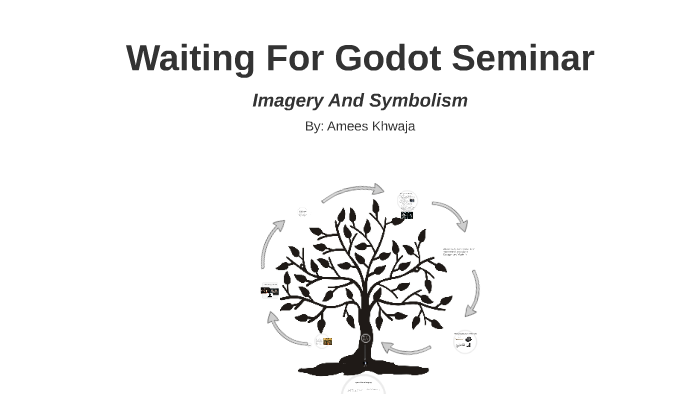

Hamm is in between Clov and Nagg in terms of age, and therefore would symbolize the middle or adult generation.


When performing the task of moving a ladder to look out a window, Clov gets ahead of himself by forgetting to move the ladder with him: “He gets down, takes six steps towards window right, goes back for the ladder, carries it over…he gets down, takes three steps towards left window, goes back for ladder,” (1). Beckett also touches on the overall immaturity of the young generation by portraying Clov as somewhat absent minded. One such dilemma is that of the difficulty of leaving those that have raised you: Clov announces to his father figure Hamm early on that “I’ll leave you, I have things to do,” however, despite repeating this over and over he can not bring himself to leave until the last pages of the play (9). Clov, who is obviously the youngest of the three, as he is referred to as “my son” (69) by Hamm, symbolizes the younger generation of society his dilemmas and shortcomings can be found to mimic and highlight those that young men and women run into. This is evident in the play Endgame, in which Beckett uses the three most prominent characters, Clov, Hamm, and Nagg, to each symbolize a different generation. His most prominent and overarching ideas are often revealed through characters and their disabilities acting as symbols, while various briefly mentioned symbols often reveal relevant and thought provoking ideas as well.īeckett’s Characters are often his most obvious and meaningful symbols. Throughout these works, Beckett reveals many of his own ideas, as well as truths about human nature, through symbolism. With this in mind, it is very easy to make out the effectiveness of Beckett’s use of symbolism in his plays Waiting for Godot and Endgame, as well as in his novel Molloy. In order to completely comprehend Samuel Beckett’s use of symbolism in his works, a reader must first understand a major component of Beckett’s writing style: that is, he put very little emphasis on the plots of his works, and focused more on the ideas he wished to portray.


 0 kommentar(er)
0 kommentar(er)
